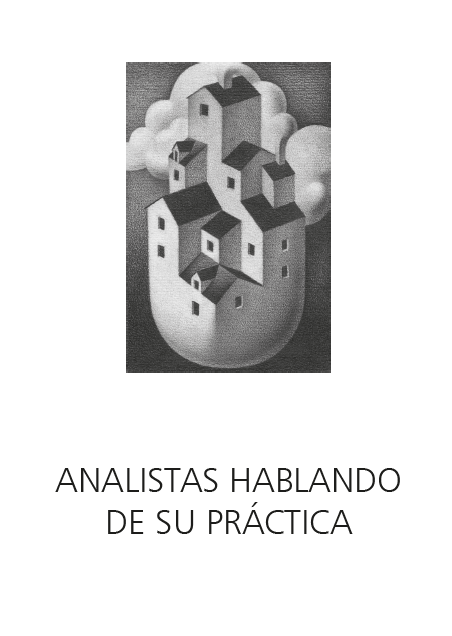Choice and temporality: the margin of reading
DOI:
https://doi.org/10.35305/rpu.v0i2.24Keywords:
Reading, Interval, Alienation, Choice, TemporalityAbstract
In this article we seek to advance on some of the questions formulated in the space of the Psychoanalysis Conference of the UNR’s School of Psychology, about the difficulties in reading Freud’s work at the beginning of the university course. This field is offered to teachers to make known the way in which we think about our practices. Something of this “thinking” seems to slip away, in the day-to-day work of university teaching. Busy daily life and sometimes devastated by a multiplicity of forces, conflicts or situations that lead us to a “hard work” to find the opportunity for dialogue, the approach to questions and the readings of students. However, sometimes these encounters take place in the margin that subtracts from the diffuse or maddening rhythm in which institutional life stumbles. There, in the hollowing of a becoming full of crystallized senses, temporarily establishes another temporality, where the word reveals its evocative power, and certain knots, new, are linked to others that “already were”. What would this “other time” be about, that can take place, from time to time in a class space in the university? To which operation does it refer us and in what way is it rooted in clinical practice, without this taking place as an illustration or demonstration? We will try to weave an articulation between the temporal interval, which is tensed in the finding of the new as an indication of what “was already” without taking place, and the operation that Lacan defines as separation in the process of subjective constitution. Separation that precipitates the impossible in which desire is supported in analytic doing, deploying its effects, randomly, in the act of reading ... in the University.
Downloads








 Esta obra está bajo una
Esta obra está bajo una 





